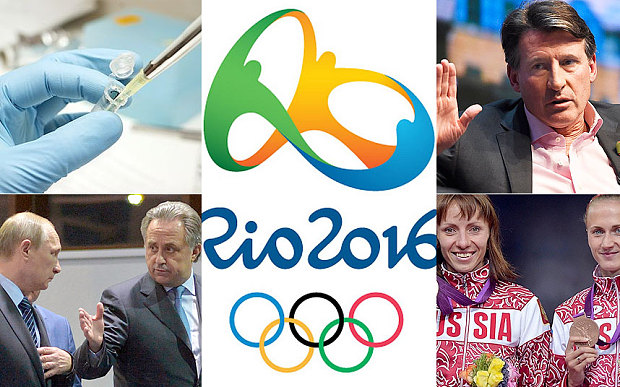Athletes will need to meet strict criteria laid out by the IOC, including proving to international federations that they have a clean doping record and have been tested by “reliable” international anti-doping bodies.
Decision of the IOC Executive Board concerning the participation of Russian athletes in the Olympic Games Rio 2016 https://t.co/wfe08HKEqF
— IOC MEDIA (@iocmedia) July 24, 2016
Any athletes with a proven doping history will not be allowed to compete at the Games, even if they have served their sanctions.
The International Olympic Committee’s executive board held a three-hour meeting via teleconference on Sunday. The meeting included 15 Olympic leaders, including the Head of the Russian Olympic Committee, Alexander Zhukov.
“Natural justice requires that an individual must at least have a chance to rebut allegations. And this rewards the presumption of innocence. Therefore we have set the bar to the limit by establishing a number of very strict criteria which every Russian athlete will have to fulfill if he or she wants to participate in the Olympic Games [in] Rio 2016,” said IOC President Thomas Bach.
“I think this way we have [a] balance on the line and the desire and [the] need to collective responsibility versus the right to individual justice of every individual athlete,” stated Bach.
The ruling gives hope to Russian athletes who have not been tarnished by the recent doping scandal engulfing the country, although they will need to prove they are clean before the Games begin in Rio on August 5.
In addition, the IOC’s ruling states that, “The entry of any Russian athlete ultimately accepted by the IOC will be subject to a rigorous additional out-of-competition testing programme in coordination with the relevant IF [International Federation] and WADA [the World Anti-Doping Agency].”
The decision comes shortly after WADA published a report by Canadian lawyer Richard McLaren, which accused the Russian government of having a system that allegedly shielded doping athletes from being caught.











